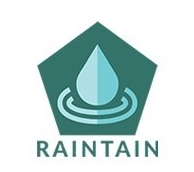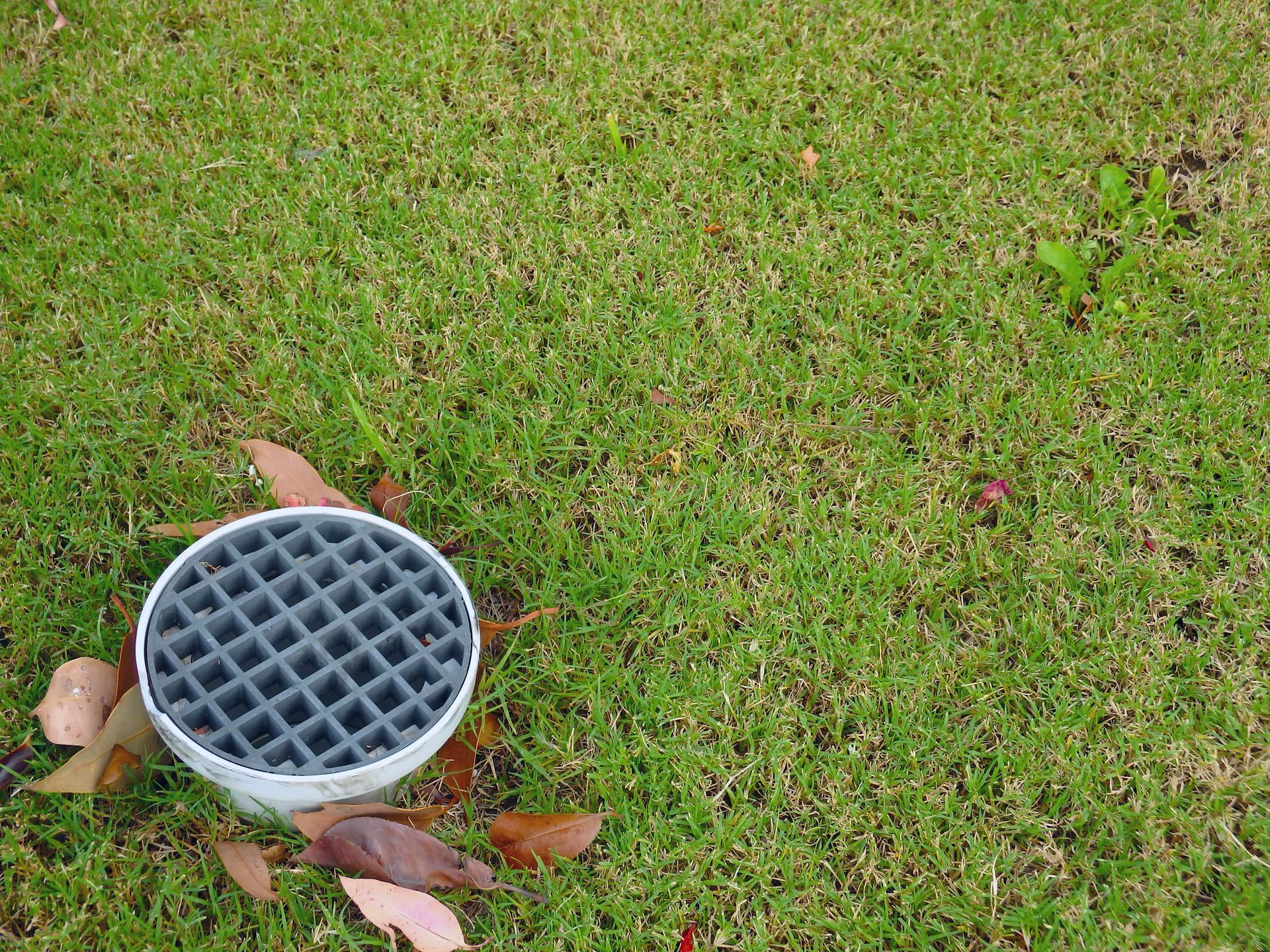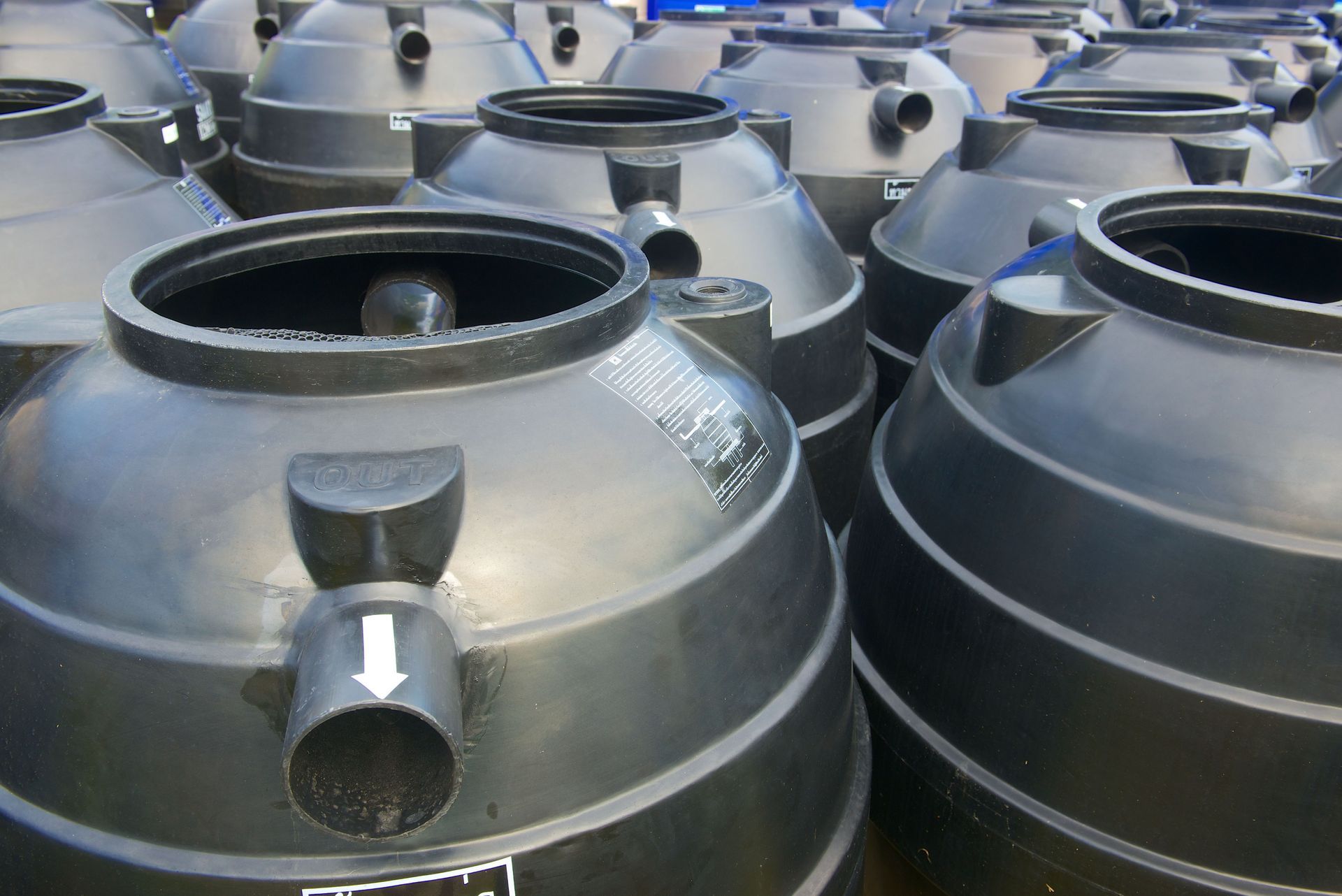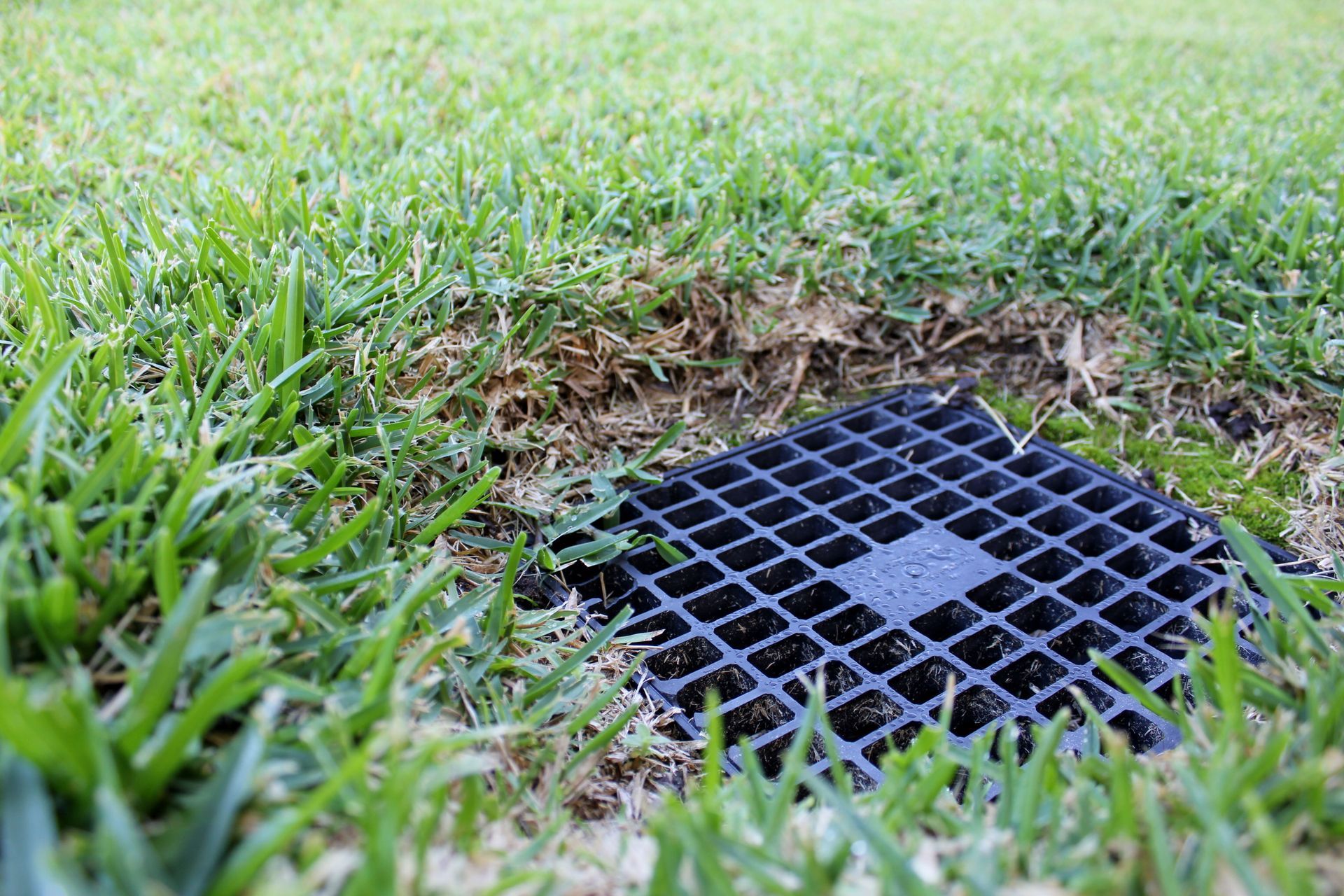As urban and suburban landscapes continue to expand, managing stormwater has become increasingly crucial to ensure communities are resilient against flooding and water pollution. Stormwater management involves a range of strategies and practices aimed at controlling runoff water from rain or melting snow, reducing the potential damage it can inflict on various environments. This blog post delves into what stormwater management entails, the components that constitute effective systems, and the broader implications for sustainable development.
Key Components of Stormwater Management Systems
The core of stormwater management lies in its ability to capture, store, and treat runoff water to prevent flooding and protect water quality. Various engineered solutions are implemented to handle the large volumes of water that need management during a rain event. According to the American Society of Civil Engineers, there are 3.5 million miles of storm sewers, 270 million storm drains, and 2.5 million stormwater treatment assets in the United States alone, showcasing the extensive infrastructure dedicated to managing stormwater. These systems work together to ensure that water is directed safely away from urban areas, reducing risks to both property and human safety.
Integrating Green Practices Into Stormwater Management
Beyond infrastructure, stormwater management also involves the adoption of green practices that integrate natural processes into urban planning. Green roofs, permeable pavements, and rain gardens are innovative solutions designed to mimic natural hydrological processes, such as infiltration and evaporation, which help in reducing surface runoff. These eco-friendly approaches not only aid in water management but also improve urban aesthetics, air quality, and biodiversity, integrating the concept of green infrastructure into urban landscapes. These solutions highlight the shift toward sustainability and the importance of balancing development with environmental stewardship.
Impact on Communities and Sustainable Development
Moreover, the implications of effective stormwater management extend to enhancing community resilience and sustainable development. Properly managed stormwater systems protect against property damage and public health risks by preventing pollutants from entering waterways. They also contribute to the stability of urban and suburban infrastructures, reducing the strain on municipal systems during extreme weather events, and fostering a balanced relationship between development and natural ecosystems. This proactive approach ensures that urban growth is managed responsibly while minimizing environmental impact.
Stormwater management is a multifaceted discipline crucial for modern urban planning. It involves a combination of infrastructure development, the adoption of green technologies, and strategic planning aimed at mitigating the adverse impacts of urbanization on natural water cycles. As climate change continues to amplify extreme weather patterns, robust stormwater management systems become paramount to promote sustainable and resilient communities for future generations. Reach out to Raintain LLC to learn more!





Share On: